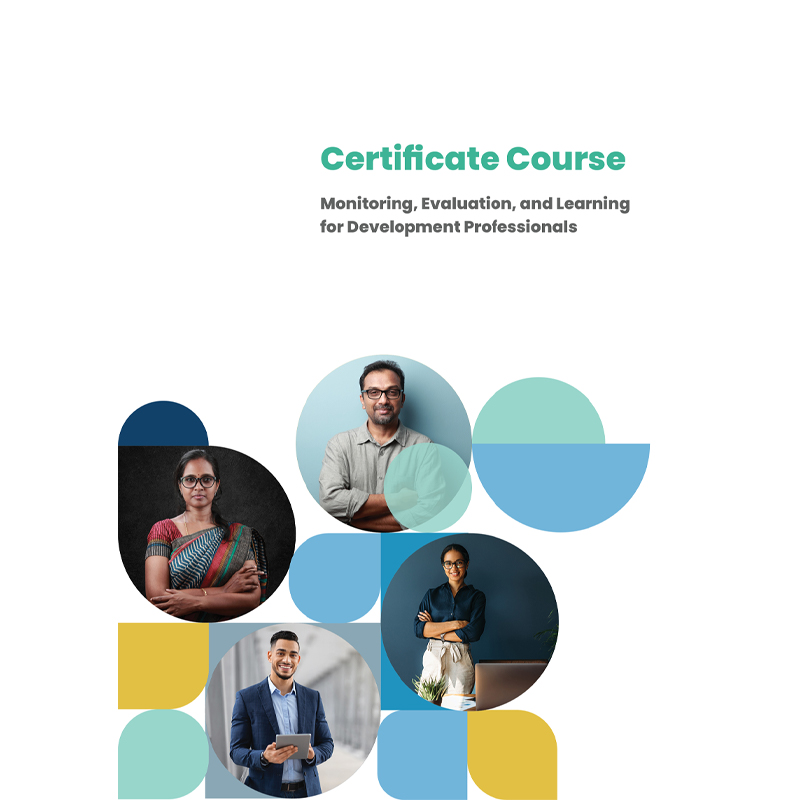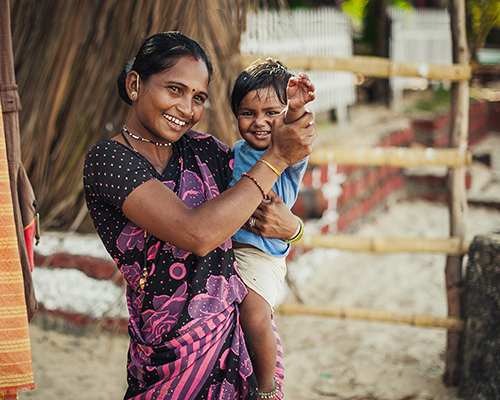Incorporating the Global South's Perspective into Evaluation

Many argue that dominant development discourses do not consider the Global South’s perspectives. However, such a perspective holds significance, primarily since it provides a unique and valuable insight, often overlooked by conventional development approaches based on Western values and priorities.
It becomes hard to fulfill global goals of equitable and sustainable development under such a restrictive structure without including the perspective of the Global South in the development debate.
What comprises the Global South Perspective?
As seen from the Global South, development is more than just a rise in GDP; it also includes improvements in infrastructure, education, health care, the environment, and political stability.
Context has never been more important in development practices. When analyzed together, a developing country’s cultural, historical, and economic experiences reveal just how different their challenges are from those of developed countries. Thus, it becomes essential to consider the needs and aspirations of communities when evaluating development programs and policies.
Additionally, it provides an opportunity to identify the unintended consequences of development initiatives and find ways to address them in a way consistent with local values and priorities. Integrating a Global South perspective into development evaluation can achieve more effective and sustainable development outcomes. In the process, we also ensure that the voices of those most directly affected by development initiatives are heard and recognized.
What are the challenges faced in incorporating a Global South lens in development evaluation?
It’s often argued that the evaluation practice in the Global South primarily adopts approaches and frameworks from the Global North without making any fundamental contributions. It may be because there is little academic debate and knowledge production in the Global South compared to the North. In fact, some of the other challenges faced in the process include:
- limited resources,
- limited access to information,
- power imbalances, and
- limited participation by local communities.
Local communities, especially marginalized and vulnerable groups, are rarely involved in the evaluation process. As a result, local experiences are underrepresented.
Taking into account the vast experiences, values, and priorities of the communities of the Global South, there is a unique opportunity to make valuable contributions to the development discourse.
To address these challenges, it is essential to involve diverse stakeholders in the development evaluation process, including representatives of local communities, civil society organizations, and government officials, to ensure that a range of perspectives is represented. In addition, it is imperative that the process is transparent and participatory and that the results are widely disseminated and used to inform future decisions.
How can the Global South perspective be strengthened in evaluation?
Here are a few steps we recommend:
- Capacity building
Developing local evaluation capacities can contribute to a sustainable evaluation infrastructure that ensures the incorporation of local knowledge into the evaluation process over the long term. It may be necessary to provide resources and support to local evaluation organizations alongside building the capacity of local evaluators and community influencers.
- Collaborative partnerships
Collaboration between Global North and South evaluators can help build trust and ensure that both perspectives are incorporated into the evaluation process. To build capacity and foster mutual understanding, these partnerships can involve joint research and evaluation activities.
- Inclusive evaluation methods
Inclusive evaluation methods that witness active participation from local communities and stakeholders from the Global South can help ensure the inclusion and consideration of their concerns. As part of this process, participatory evaluation methods such as community-led evaluations can be used while incorporating the perspectives of local experts and leaders.
- Mainstreaming a Global South perspective
Lastly, learnings from the Global South must be mainstreamed in the evaluation process and integrated into the broader development and evaluation discourse. Advancing a Global South perspective in evaluation can involve advocating for its inclusion in evaluation guidelines, frameworks, and best practices.
Sambodhi, an organization in the Global South, recently launched a certificate course on monitoring, evaluation, and learning. Using Sambodhi’s evaluation practice, this course seeks to provide a solid groundwork for professionals interested in adopting knowledge from the Global South into their work.

Since it is grounded in the goals and experiences of people and nations in the Global South, the Global South perspective is, in the end, indispensable to development assessment. Using this information in the review process may help make the development program more fair, efficient, and long-lasting while also giving people a chance to have their opinions heard and their rights respected.
Rajib Nandi – Vice President, Sambodhi

